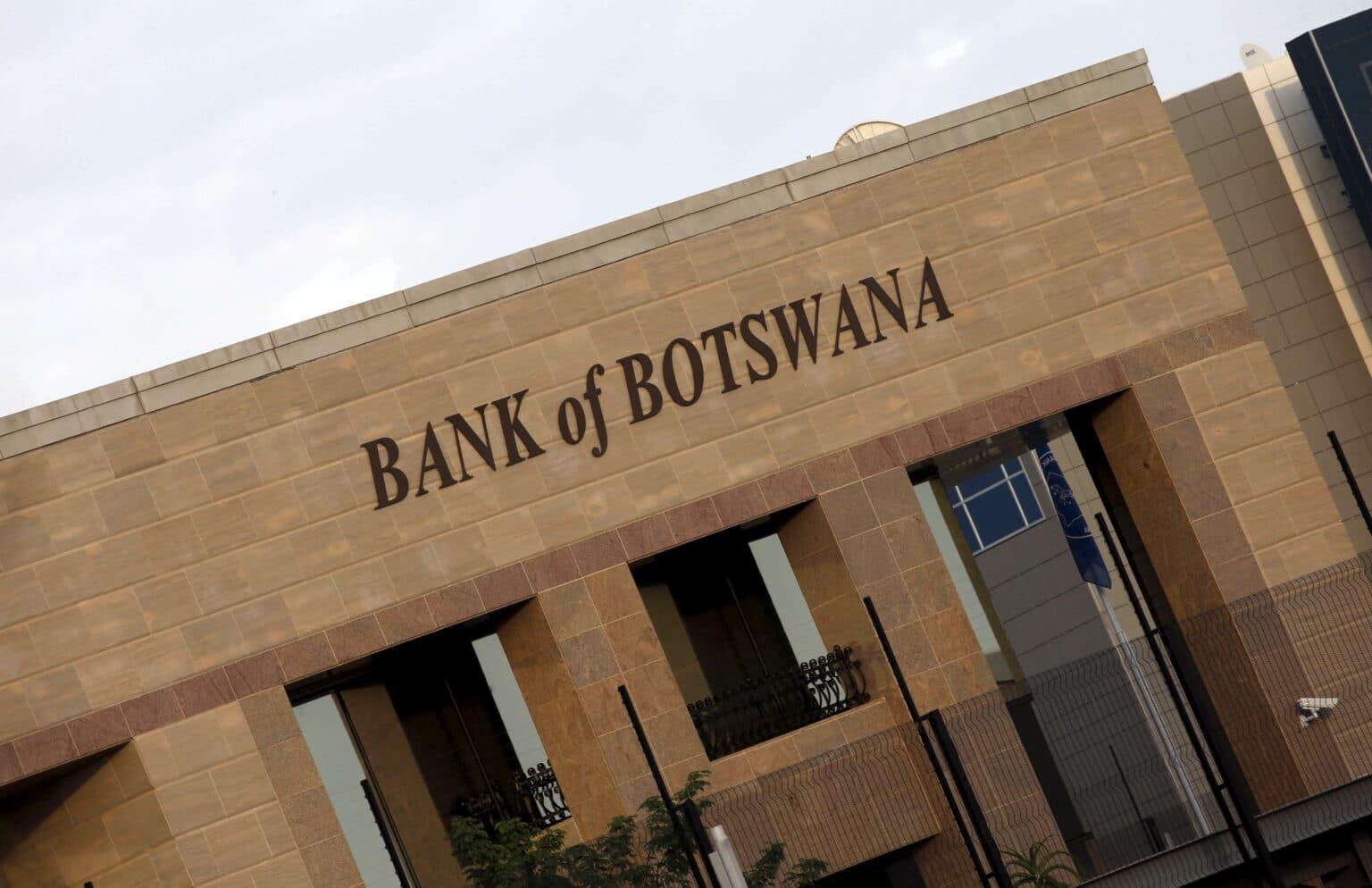Africa-Press – Botswana. The upcoming budget presentation by the new administration on February 10 is being closely watched by experts and analysts, who are eager to see how the government will tackle the country’s pressing economic challenges.
With challenges such as rising inflation, increasing unemployment rates, and mounting pressures on public services, the administration’s ability to propose a budget that balances fiscal responsibility with economic growth will be under heavy scrutiny.
In a recent interview, Mr Liang Wang, the resident representative for Botswana at the World Bank, emphasised that the recent electoral victory of the new administration was based on public sentiment that improvements were needed in how the economy was managed.
Mr Wang noted that the upcoming budget would serve as a foundational document to outline the future direction of the government, especially during times of crisis which, historically, offer crucial opportunities for significant decision-making.
He referenced recent remarks by Vice President Ndaba Gaolathe regarding major global companies that were established during economic downturns, illustrating how some nations utilised recessions as a backdrop for implementing the necessary policy reforms aimed at fostering growth and development.
For example, he pointed to South Korea, which transitioned from a low-income to a high-income country in just a few generations, partly due to transformative measures initiated during the 1997 Asian Financial Crisis. During that time, citizens contributed personal gold and jewelry to support the government, enabling extensive restructuring of the financial sector and corporate debt relief, all of which laid the foundation for sustained economic growth.
Mr Wang pointed that while Botswana was not currently facing a dire economic crisis, now was the opportune time for the government to reassess fundamental policy areas in a way that not only makes sense but also propels the nation towards a growth-oriented development trajectory.
Historically, Botswana’s economy has relied heavily on a government-led growth model and Mr Wang pointed that this approach had often stifled returns on investment. He advocated for a shift toward a private sector-oriented growth strategy, noting that more sustainable and higher-paying jobs were created in the private sector globally.
As such, he highlighted the importance of diversifying the economy, a concept that has been repeatedly discussed in Botswana’s economic dialogues.
To attract foreign investment, he suggested that the government simplified the business setup process and identified sectors where Botswana was holding a competitive advantage. Furthermore, comprehensive feasibility studies should be conducted prior to launching large-scale projects to evaluate their viability.
Mr Wang stressed the importance of creating an enabling environment for all sectors where private sector investors could thrive.
This entails focusing on enhancing the country’s human resource capacity, improving the policy landscape, and ensuring effective regulatory frameworks are in place. A report issued late last year indicated that while Botswana scored favourably on business entry metrics, improvements were necessary in supportive interventions for companies, particularly those nearing insolvency.
He acknowledged that government budgets must fulfill various social functions, but warned that if most of the expenditure was directed towards services that were not driving productivity growth, the overall economic impact could fall short of expectations.
Thus, Mr Wang argued for increased investment in human capital as a cornerstone of economic development, emphasising that Botswana’s population was a critical resource for economic advancement. Spending should be strategically executed with a focus on nurturing this human capital base, which will be essential for sustained economic growth.
Source: dailynews
For More News And Analysis About Botswana Follow Africa-Press






